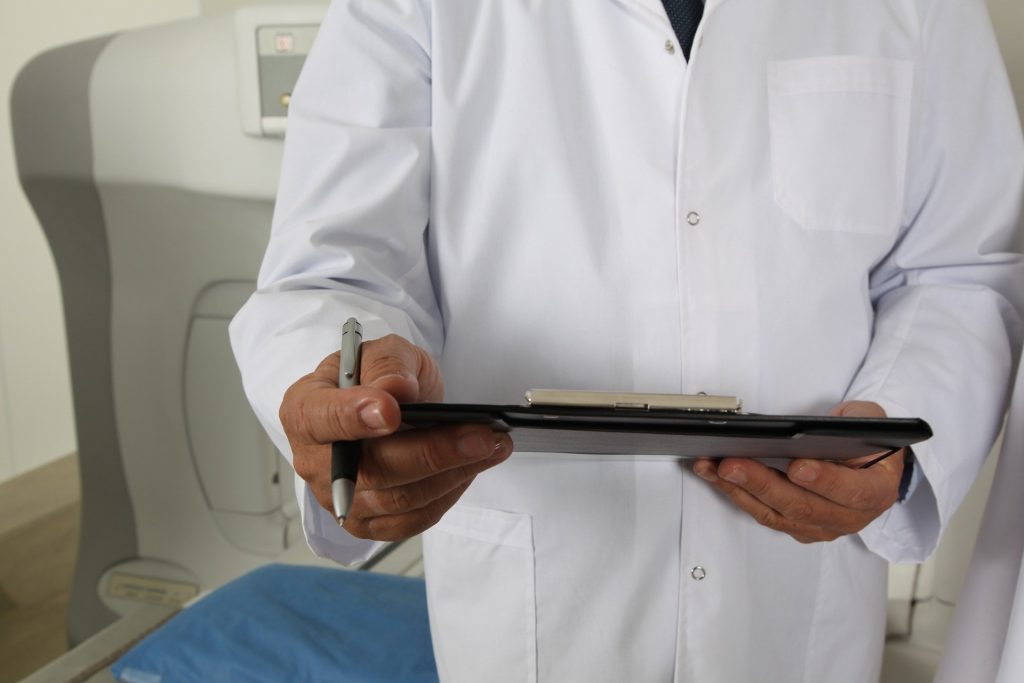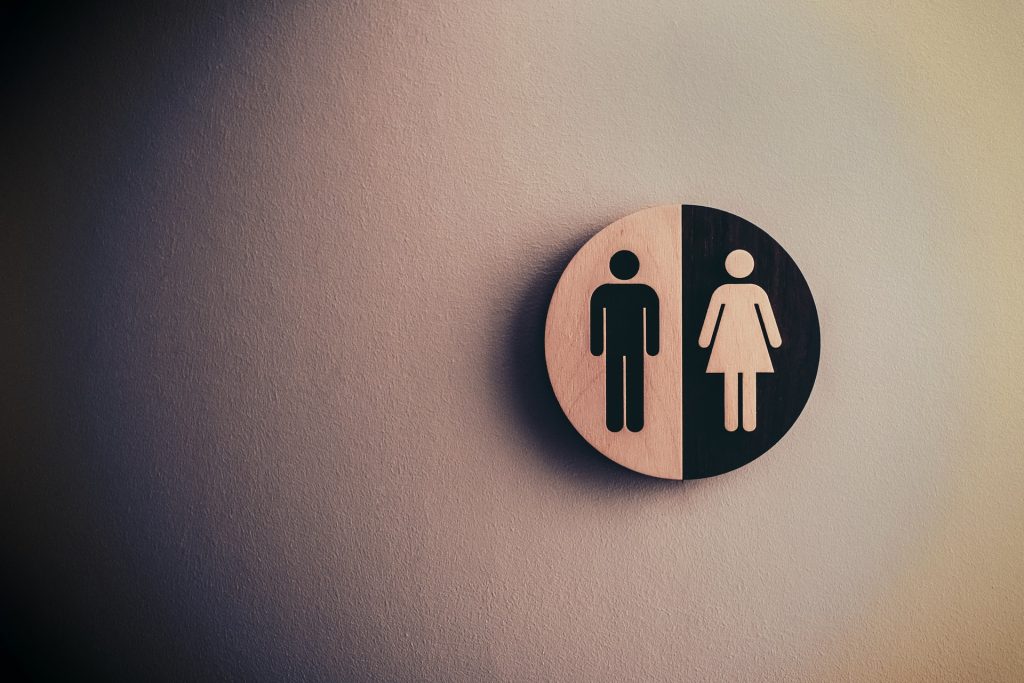Former Health Minister Mkhize Hits Back at SIU

An impending legal battle is on the horizon between former Health Minister Dr Zweli Mkhize, the Special Investigating Unit (SIU) and President Cyril Ramaphosa over the government’s Digital Vibes scandal. Dr Mkhize has accused both of having a predetermined conclusion about his alleged involvement in the embattled government contractor.
Dr Mkhize has approached the North Gauteng Court to review and set aside findings and recommendations made against him by the SIU. He has also sought to declare the conduct of the SIU unlawful and unconstitutional. This comes after the SIU investigated alleged irregularities in a tender contract awarded by the national Department of Health to Digital Vibes.
In SIU supplementary documents dated September 30 and filed in Pretoria, the SIU claimed that Dr Mkhize had directly benefited from Digital Vibes transactions as the company paid for electrical repair work at his homes, and also that Dr Mkhize’s family and some of his close associates benefited from the tender and another contract worth R150 million.
SIU spokesperson Kaizer Kganyago confirmed receipt of 800 pages of court documents on Monday, and stated they were ready to oppose them in court.
Dr Mkhize went through some of the SIU’s key findings. alleging that they were markedly different from those put to him during its interrogation.
Dr Mkhize claims he did not derive any personal benefit from Digital Vibes or persons associated with it, and that the SIU failed to address his version of events and withheld evidence he provided to it. Furthermore, he claims he was “ambushed” during questioning as he had no advance warning of the allegations made. He claims some of the key findings by the SIU, in its referral to President Cyril Ramaphosa, were markedly different from those put to him during its interrogation, saying the SIU failed to disclose allegations made against him by his subordinate, the former Health Department DG, Dr Sandile Buthelezi, on which the findings were drawn.
Mkhize further said that had his submissions and evidence been taken into account by the SIU, the organisation would have come to a different conclusion regarding his alleged involvement in the appointment of Digital Vibes.
Ramaphosa’s spokesperson, Tyrone Seale, said that the Presidency was aware of the matter, but had not been served with papers.
Source: IOL






